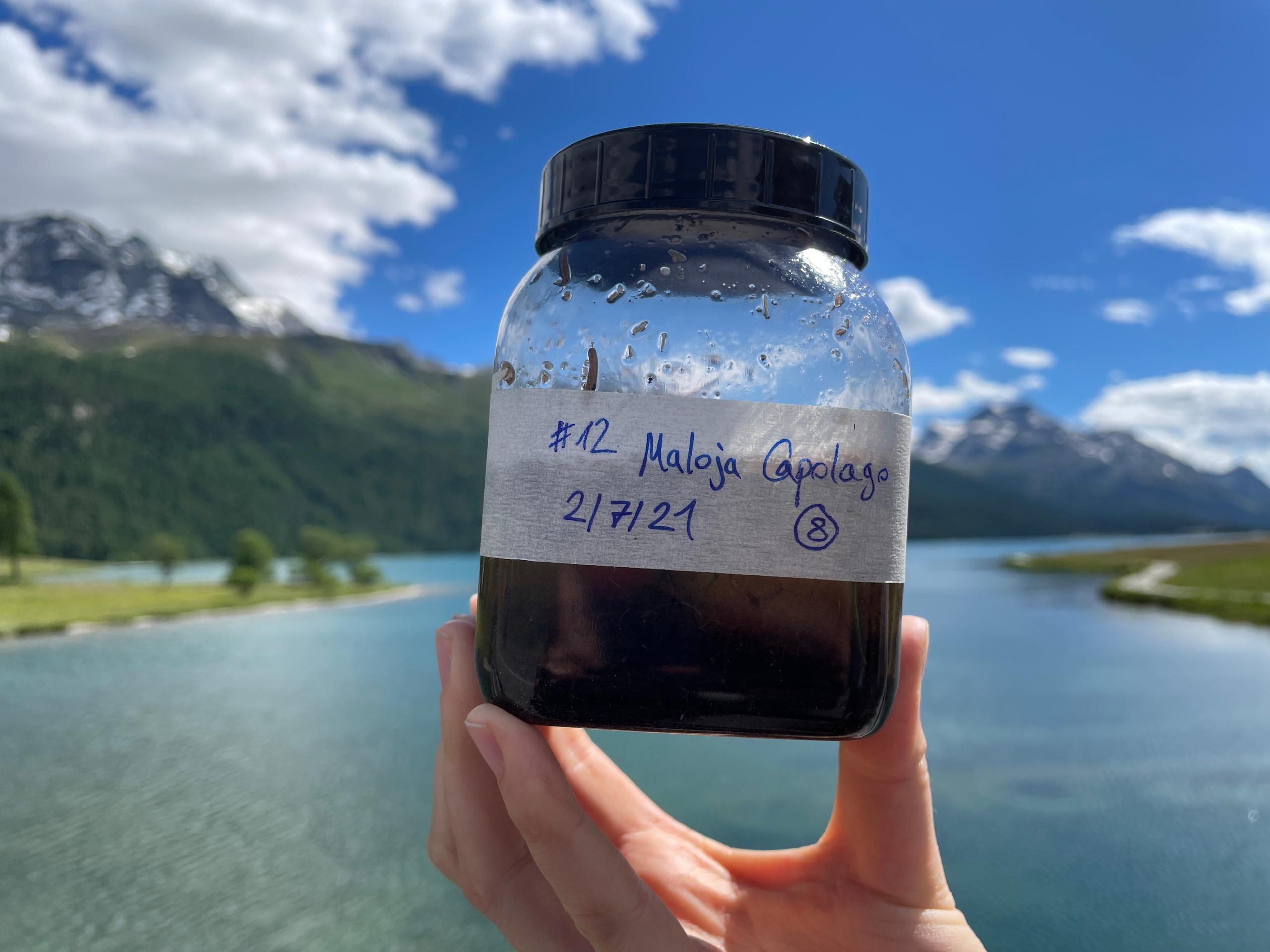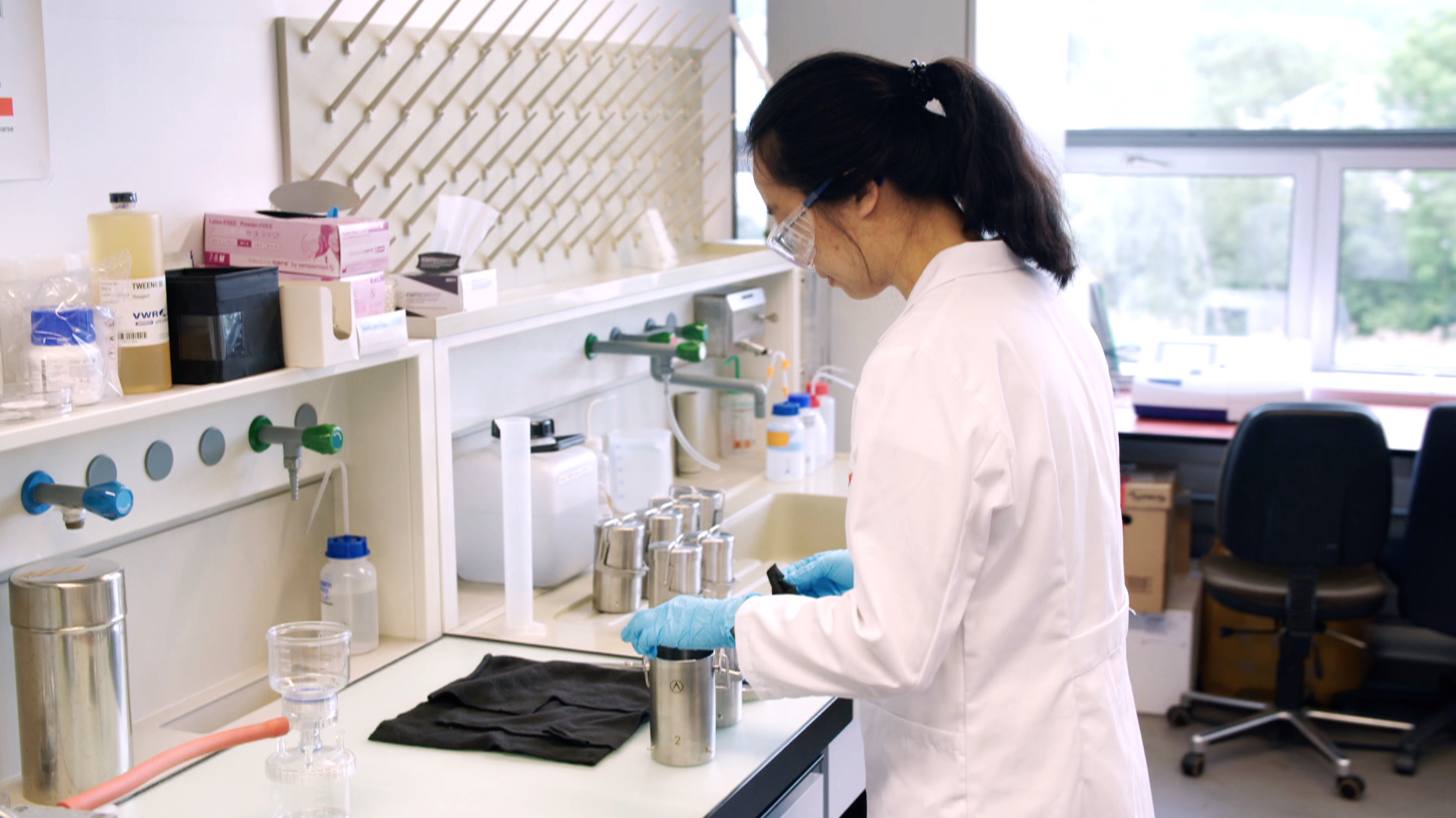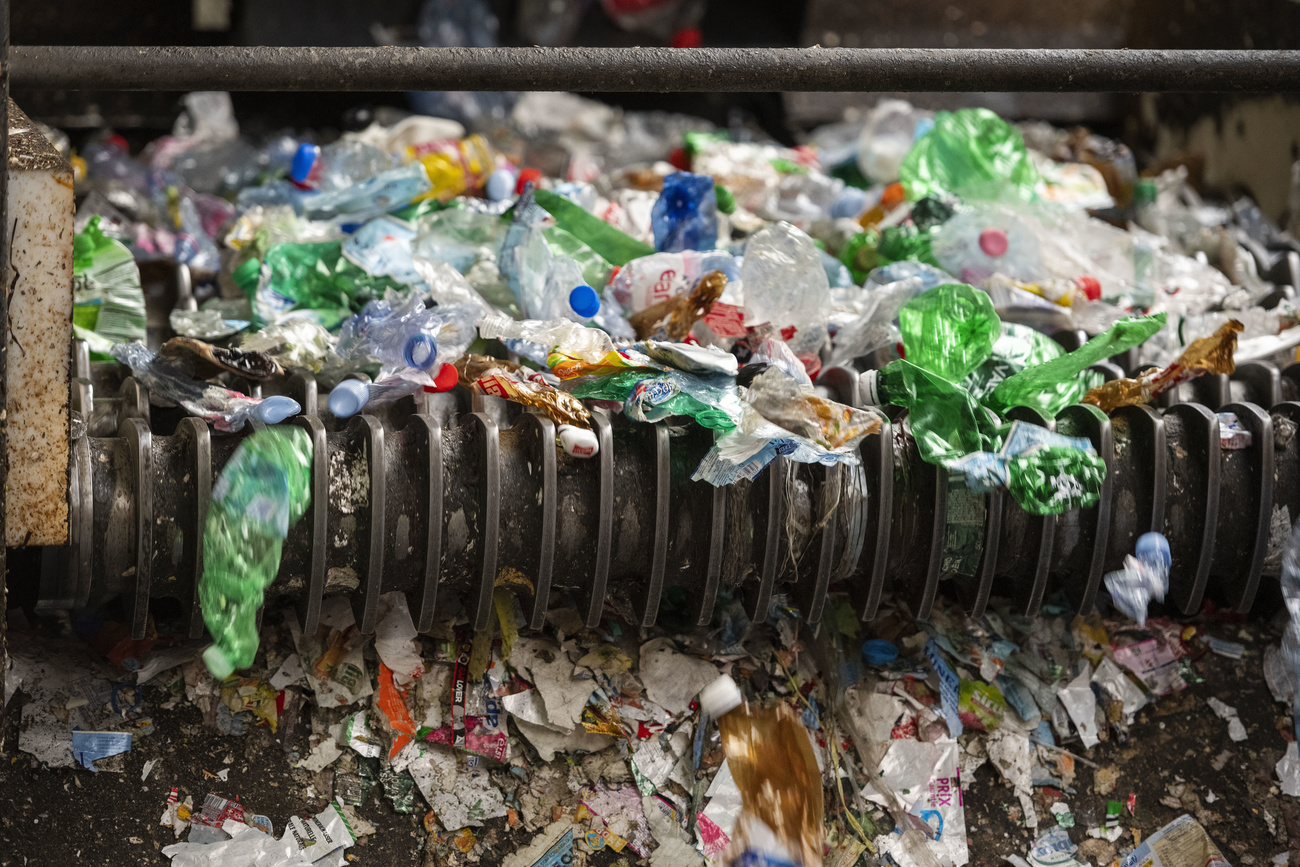The world has taken a step toward ending plastic pollution. Now let’s seize the moment.
March 2 was a historic moment in our efforts to stop plastic pollution. At the United Nations Environment AssemblyExternal link (UNEA), governments agreed to formally initiate negotiations toward a legally-binding global treaty on plastic pollution.
This is a big step forward, and follows more than four years of campaigning by WWF and many others. More than 2.2 million of you have signed our petitionExternal link calling for a global agreement, a call which has been backed by over 140 leading businessesExternal link as well as many governments.
The UNEA’s resolution is the clearest sign yet that the world is ready to get serious about one of the biggest environmental issues of our time. Described as “the world’s parliament on the environment”, the UNEA brings together representatives from all 193 UN member states, along with business leaders, environmentalists and civil society organisations.
Action to tackle the plastic pollution crisis cannot come too soon. The total mass of plastic produced by humans to date is twice as greatExternal link as the mass of all land and sea animals combined. And plastic is everywhere: in the deepest oceansExternal link, in Arctic Sea iceExternal link, even in our own bodiesExternal link as it accumulates through the food chain.
We’ve all seen shocking imagesExternal link of beaches choked with plastic litter, turtles eating plastic bags or marine mammals entangled in discarded plastic fishing gear. Almost every marine species is affected by plastic in some way. But just as shocking is the plastic pollution we can’t see: in some regions, including the Mediterranean, the East China and Yellow seas, and the Arctic, concentrations of tiny microplastics have already exceeded thresholdsExternal link beyond which significant ecological risks occur.
And if we don’t act now, the problem will only get worse. Plastic production is expected to more than double by 2040, which could mean the amount of plastic debris in the oceans quadruplingExternal link by 2050. By compounding other risks like climate change and overfishing, unchecked plastic pollution will drive extinctions and ecosystem collapse.

More
Nanoplastics travel long distances to the Alps
No single country can solve this global crisis alone. But a legally binding global treaty could make a huge difference, by establishing ambitious goals and a robust framework for achieving them.
At WWF, we’ll continue to support ongoing negotiations for a strong, ambitious, legally binding treaty. This means we’ll be supporting governments from the developing world to make sure their perspectives are heard and incorporated into any agreement. On aggregate, the international community will be able to do more to tackle the problem if resources are distributed in a way that maximises cost-efficiency and supports low-income countries in their efforts to implement their obligations. For most environmental treaties, this entails setting up a dedicated and well-resourced financial mechanism, possibly combined with a system for transfer of technology and knowledge.

More
Swiss students on the hunt for microplastics in the Alps
And we’ll continue to work with progressive businesses to build the case for a strong treaty that delivers on the goal of a circular economy. This means looking at how businesses can incorporate the full life cycle of plastics. Of course we need better waste management to stop plastic leaking into nature. But we also need to reduce the amount of virgin plastic produced and used, which means addressing everything from product design to consumer habits. A global plastics treaty can play an important role in accelerating the shift to a circular economy.
It’s also important that a global treaty respects the rights of the informal waste sector. Up to 20 million people work as waste pickers, and they’re responsible for more than half of all plastic recycling globally. The global treaty is an opportunity to support and build on this vital work.
Having common rules and regulations, harmonised standards and clear definitions will create a level playing field and ensure every country and every business comes on board. It’s an opportunity to offer positive incentives for those nations that take action to eliminate plastic pollution, and to hold to account those that don’t.
We’ll also keep reminding governments how much ending plastic pollution matters to our world and to everyone who cares for it.
The UNEA’s resolution is a major step toward turning a global treaty into reality, but it is only the start. We need to seize the momentum and keep pushing for urgent action. Every day that we delay, more plastic enters the ocean — where it will stay for hundreds or even thousands of years.
Now let’s turn the tide on plastic pollution, once and for all.
The views expressed in this article are solely those of the author, and do not necessarily reflect the views of SWI swissinfo.ch.
More

In compliance with the JTI standards
More: SWI swissinfo.ch certified by the Journalism Trust Initiative












You can find an overview of ongoing debates with our journalists here . Please join us!
If you want to start a conversation about a topic raised in this article or want to report factual errors, email us at english@swissinfo.ch.